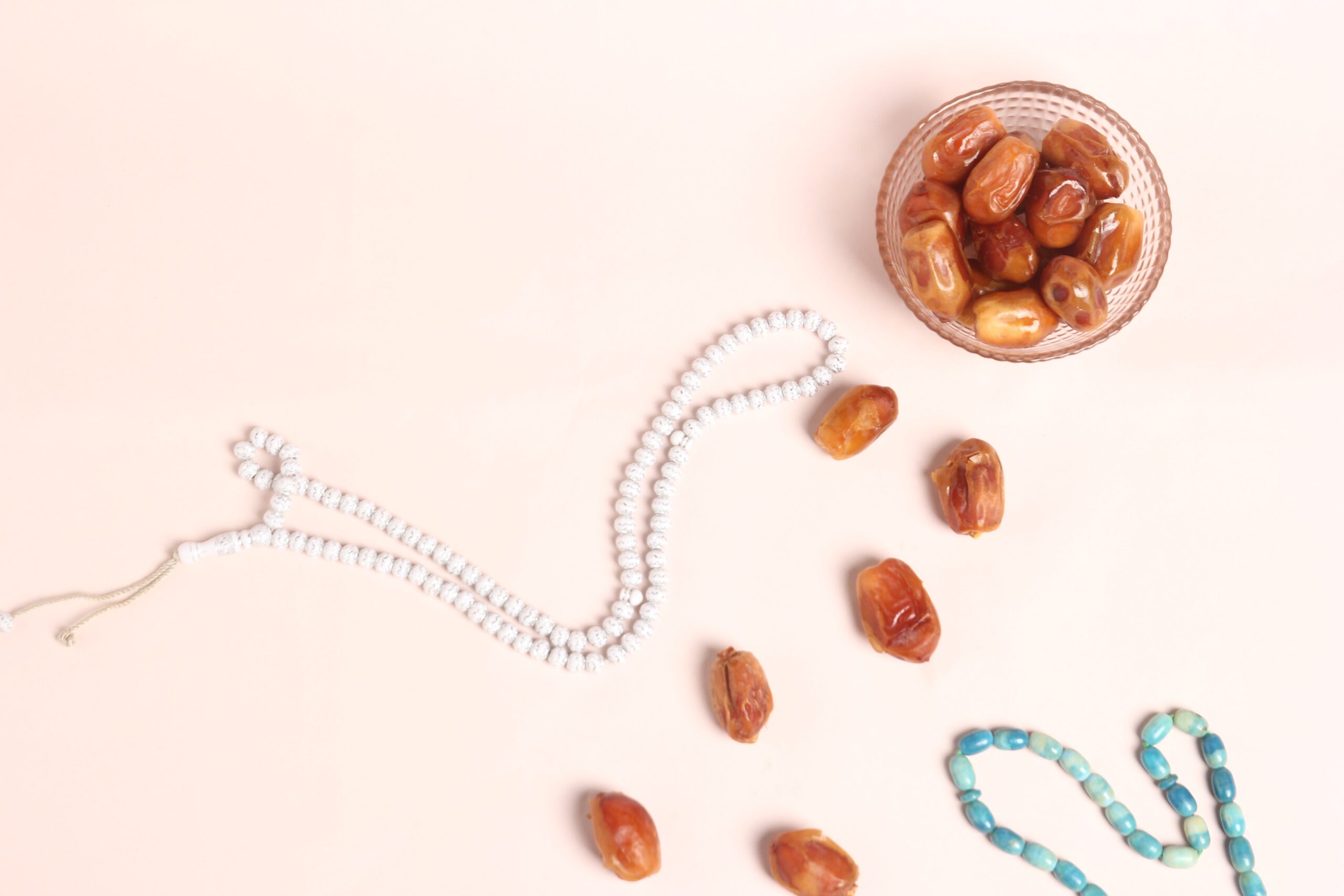
Dates. Benefits and nutritional value
Dates are considered one of the most beneficial foods for the human body. They provide a lot of energy for the body due to their high glucose content. In addition, dates provide a lot of fibre, so eating them in moderation is very healthy. This explains their popularity and almost daily use in many countries.
What are dates and where do they come from?
Dates are the fruits of the date palm and the Phoenix palm. It is cultivated in arid regions such as parts of California and the Middle East (from the Indus Valley in Pakistan to Morocco). It can be eaten fresh or dried, so its nutritional value is very interesting. Nutritionists have praised the benefits of eating dates.
There are some cities where the diet is based almost exclusively on dates, milk and cereals. They consume up to 200 kilograms of fruit per person per year. In countries where it is commonly consumed, having a palm tree next to the house is a sign of hospitality. In countries like Morocco, special visitors are welcomed with dates and milk.
Some types of dates in Saudi Arabia
- Sukkari dates: Sukkari dates are considered one of the finest, most delicious and best types of dates, and are characterised by their sweet taste and golden brown colour.
- Al-Khalas dates: It is considered one of the best types of dates, and accounts for about 20% of the Al-Ahsa palms in Saudi Arabia. It is one of the most excellent types of dates.
- Medjool: One of the dates rich in fibre, it is distinguished from other dates by its large size, which can be equivalent to about three regular date kernels, and its colour is somewhat light.
- Al-Sagai: Al-Sagai dates lack harmful proportions of white sugar and contain fructose and dextrose.
Benefits and contraindications of the use of dates
Science has confirmed the multiple benefits of dates for the organism, as it is one of the fruits famous for its high nutritional value. The high nutritional value of dates makes eating small pieces of this fruit very beneficial for health. Its antioxidant capacity is combined with its antimicrobial and anti-inflammatory properties. Let's take a look at the most important benefits of dates:
- Promote digestive health. Improves bowel movement by preventing constipation and treating diarrhoea. Protects against hemorrhoids and cancers of the digestive system.
- Resistance to anaemia. They are an excellent source of many minerals, including iron, so they help fight iron deficiency anaemia. It also increases red blood cells.
- Improves brain health. It prevents neurological diseases and balances the nervous system. In addition, studies claim that it can delay Alzheimer's disease and prevent dementia and the risk of stroke.
- Maintain cardiovascular health. Th are very beneficial for heart health, as they are a rich source of potassium and magnesium which are important for heart function, and dates' richness in dietary fibre means they play a role in reducing harmful cholesterol levels.
- Good for bone health. It strengthens bones and prevents degenerative diseases such as osteoporosis. It is a great source of minerals necessary for the growth and maintenance of bone health, such as calcium, selenium, copper and manganese.
- It provides energy for the body. They contain a high percentage of carbohydrates and natural sugars, which provide energy to the body and raise blood sugar levels.
Contraindications for the use of dates
Dates have several health benefits, as mentioned above, for various bodily functions. However, they can be harmful if eaten in an exaggerated or excessive way. A number of aspects should be taken into account:
- Sulphites in dates can cause allergic reactions in those who suffer certain reactions, such as stomach pain, gas, bloating and diarrhoea.
- Although it is rich in fibre, consuming too much can contribute to a significant increase in weight loss.
- It is rich in potassium, so consuming too much can lead to high levels of potassium in the blood, so it is best if your potassium levels are high, you should avoid eating it.
- Dates are often coated with wax, to enhance their appearance and give them a shiny look, and to keep them looking fresh for a long time, which can lead to serious digestive problems in the long run.
- Dates are very thick foods for children, due to the difficulty in digesting them, and therefore eating them can lead to complications as it acts by clogging children's windpipes.
- Due to their high sugar content, they can cause tooth decay, so you should brush your teeth thoroughly after eating them.
Nutritional value and calories of dates
Dates are a great mineral source of magnesium and potassium. But they also provide zinc, copper, calcium, phosphorus, selenium, iron and sodium. They are also rich in antioxidants such as vitamins E, C and A and provide part of the B complex (B1, B2 and B3).
On the other hand, they are an excellent dietary source of insoluble fibre, with 12 grams of them condensed in a cup. As a result, they can reduce blood cholesterol and prevent constipation. This data has been published in the Journal of the American College of Nutrition.
On the other hand, one cup of carbohydrates represents almost 30% of the recommended daily intake for an active adult. Expressing in grams, we are talking about between 225 and 325.









